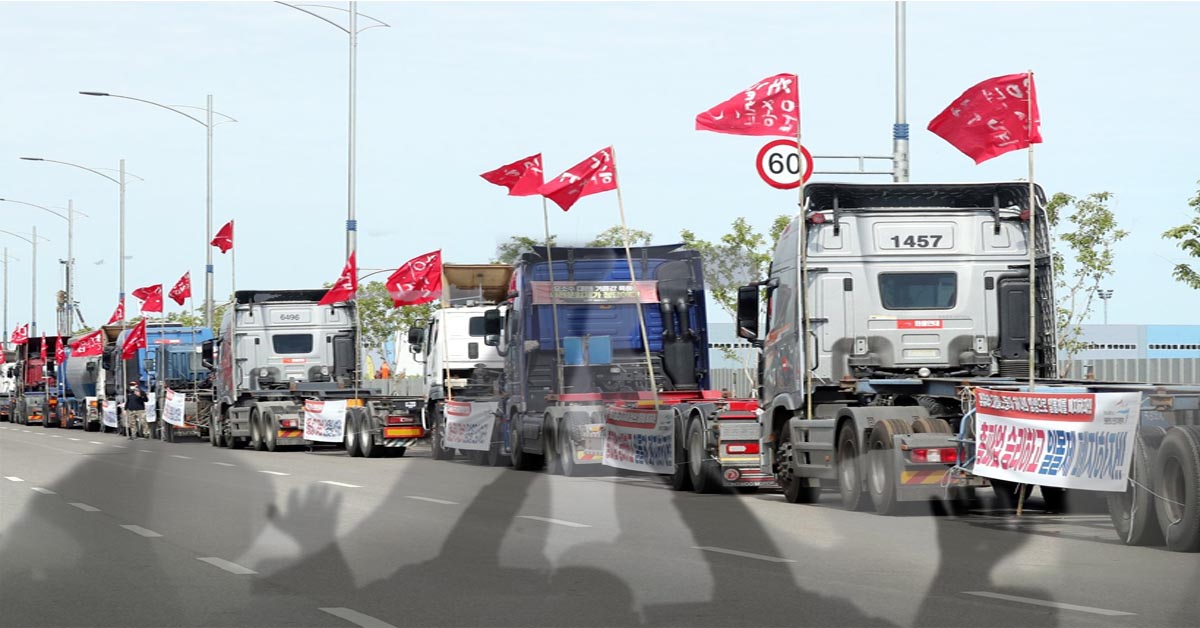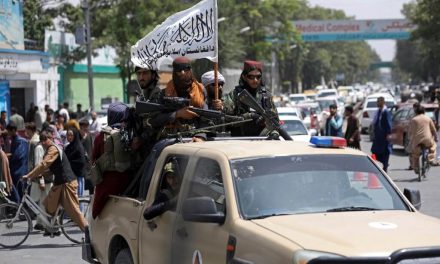South Korean truckers have held a strike for a week now, and it has caused issues for the tech industry and the global supply chain.
This strike by truck drivers caused a delay in computer chip production, affecting the whole of Asia. The week-long strike was the first hit on South Korea’s semiconductor division. It was further complicated by other factors, such as the Russian invasion of Ukraine and sudden lockdowns in China.
The Korean International Trade Association or Kita is having problems shipping to a Chinese company that provides chip wafers to chip manufacturers. Kita is responsible for producing isopropyl alcohol (IPA), a raw material used to clean chip wafers.
The Korean company said that about 90 tonnes of shipments were delayed. This is estimated to be around a week’s worth of goods that should have been in transit. Because of the driver’s strike, the industry sector of South Korea incurred $1.2bn of lost production and suspended deliveries.
The delays at the Busan port began to snowball while delivery containers got in and out but ended up stuck. This is according to Project 44’s Josh Brazil, vice president of supply chain at the mentioned logistics company.
Last Tuesday, imported containers ended up getting stuck for more than 14 days. This was up 258% dwell time rate compared to last week, which got stuck for three days. Exports, on the other hand, have more than 12 days of dwell times – an overwhelming increase of 225% from last week since the trucker strike started.
Brazil warned that the effects of the South Korean trucker strike would eventually work their way through the global supply chain. This will undoubtedly have global ramifications, he added.
South Korean Trucker Union’s Strike
It was June 14 when the Korean truckers’ union said they would continue with the strike in the coming days. They specifically called out the transport ministry for not being willing to negotiate nor take action to resolve the situation.
They started their general strike protesting skyrocketing fuel prices and unwillingness to listen to minimum pay demands. There have been four negotiations with officials, with both parties still not coming to a resolution.
Last Friday, 15 drivers were detained by the police for allegedly blocking traffic – disrupting delivery to a factory near Seoul.















